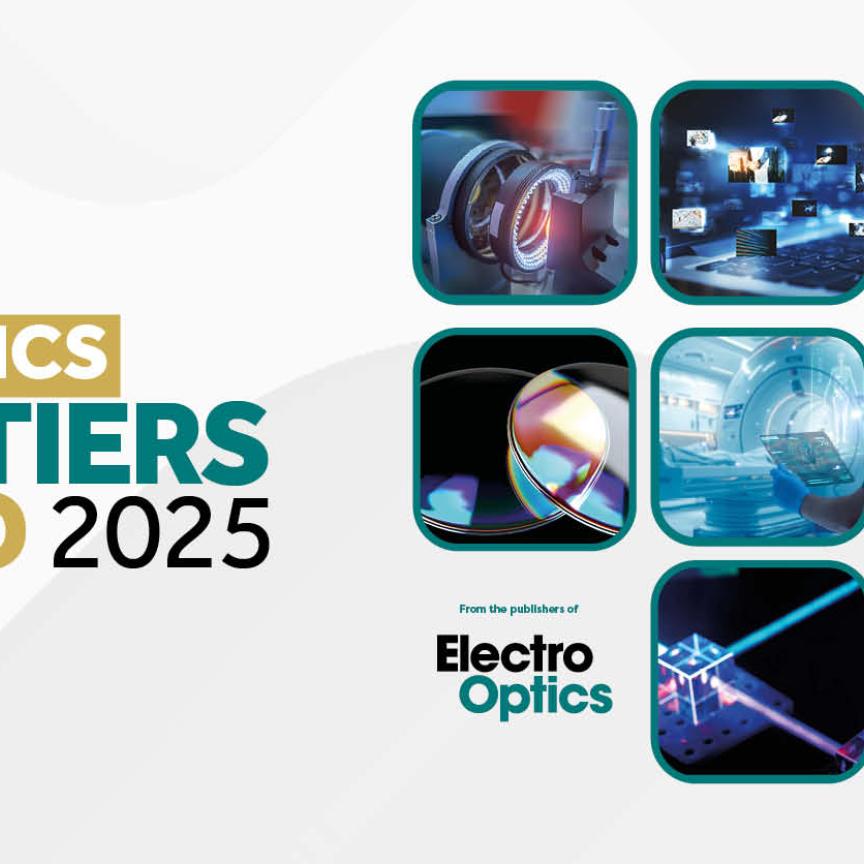A European collaborative project, called Helicoid, has deployed hyperspectral imaging technology in a surgical trial to detect cancer tissue in the brain.
The demonstrator system is being trialled in two partner hospitals, the University Hospital of Southampton NHS Foundation Trust in the UK and the Hospital Doctor Negrín at Las Palmas, Spain.
The project’s aim is to use hyperspectral imaging for real-time identification of tumour margins during surgery, helping the surgeon to extract the entire tumour and to spare as much of the healthy tissue as possible.
A hyperspectral camera captures data over a large number of contiguous and narrow spectral bands, and over a wide spectral range. Headwall’s Hyperspec sensors were used in the system to deliver images with high spatial and spectral resolution.
‘We are very excited about the success we have achieved thus far using Headwall's Hyperspec instruments,’ said Dr Gustavo Marrero Callico, Helicoid programme manager and associate professor at University of Las Palmas de Gran Canaria. ‘Distinguishing between normal and cancerous brain tissue is very difficult, which meant looking at new imaging techniques that could resolve those differences with a high degree of specificity. Headwall delivered exceptional spectral imaging technology and provided a solid basis for project collaboration and dialogue.’
Acquiring the valuable spectral data for the Helicoid team were sensors operating in both the visible and near infrared spectral regions. An algorithm has been developed to identify between cancerous and healthy tissue in the images. The information will be overlaid on standard images of the brain with a colour map indicating the likelihood of an area being cancerous.
Additional integration work is underway now to move this technology forward and into additional trials worldwide.
Related articles:
Hyperspectral imaging tech for industry to be distributed by Stemmer Imaging
Further information:

